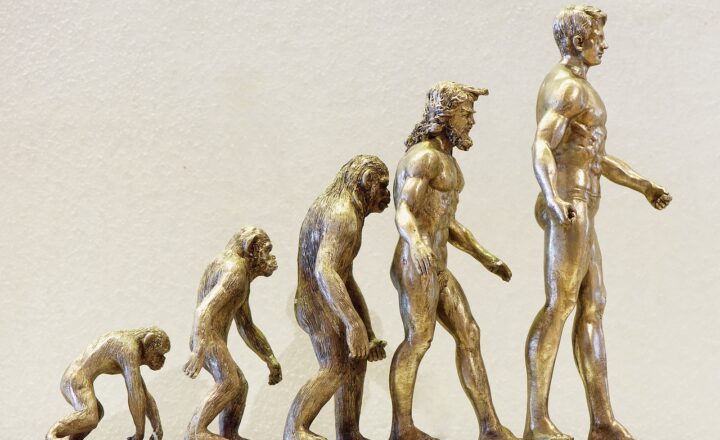
Language is constantly evolving, adapting to social, cultural, and technological changes. Words that were commonly used in the past may fade away, while new words emerge to reflect contemporary life. Understanding how language evolves helps us appreciate the dynamism and adaptability of human communication. Let’s explore how and why words change over time.
1. The Influence of Culture on Language
Culture plays a significant role in shaping language. As societies evolve, their languages adapt to accommodate new customs, ideas, and values. Words are often borrowed from other languages or created to describe cultural phenomena.
- Example: Words like ‘karaoke’ (from Japanese) and ‘safari’ (from Swahili) entered English as people encountered new cultural practices.
2. Technological Advancements and New Vocabulary
Technology has had a profound impact on language, introducing new words and phrases to describe innovations and their usage. The internet, in particular, has led to the creation of words like ‘blog,’ ‘selfie,’ and ‘emoji.’
- Example: The term ‘smartphone’ didn’t exist before the early 2000s, but it quickly became a part of everyday vocabulary.
3. Social and Political Influences
Language often reflects social and political shifts. Words can be repurposed, changed, or invented to express evolving ideas in society. Movements for social change frequently inspire new language to discuss topics with more inclusivity and sensitivity.
- Example: Terms like ‘sustainability’ and ‘diversity’ have evolved in meaning and usage as these issues have become more prominent.
4. Borrowing and Loanwords
Many languages borrow words from one another, a process that enriches vocabulary. Loanwords are often adopted when there is no equivalent in the borrowing language, or when a foreign concept becomes popular.
- Example: English has borrowed from Latin, Greek, French, and more recently, Japanese and Spanish. Words like ‘ballet’ (French) and ‘tsunami’ (Japanese) are now common in English.
5. Semantic Shifts: Changes in Meaning
Over time, the meanings of words can shift, sometimes becoming entirely different from their original usage. Semantic shift can happen gradually, leading to words that once had negative meanings becoming neutral or even positive.
- Example: The word ‘nice’ originally meant ‘foolish’ or ‘ignorant,’ but it has evolved to mean ‘pleasant’ or ‘kind.’
6. Slang and Informal Language
Slang is an ever-evolving part of language, often driven by younger generations. While slang can be fleeting, some terms gain widespread acceptance and become part of the standard vocabulary.
- Example: Words like ‘cool’ and ‘awesome’ began as slang but are now common descriptors in English.
7. Influence of Media and Pop Culture
Media, film, music, and pop culture heavily influence language. Words and phrases from popular movies, songs, and internet trends often become a part of everyday speech.
- Example: The term ‘binge-watch,’ popularized by streaming services, is now a widely accepted term for watching multiple episodes of a show in one sitting.
8. Abbreviations and Acronyms
The digital age has led to an increase in abbreviations and acronyms, especially on social media and messaging platforms. Short forms like ‘LOL’ (laughing out loud) and ‘BRB’ (be right back) have become integral to online communication.
- Example: Acronyms such as ‘DIY’ (do it yourself) have transitioned from specialized terms to mainstream language.
9. Phonetic Shifts and Pronunciation Changes
Over time, the pronunciation of words can change, leading to shifts in spoken language. Phonetic evolution is natural and often makes words easier to pronounce in everyday speech.
- Example: English words have changed in pronunciation over centuries, such as the silent ‘k’ in ‘knight,’ which was originally pronounced.
10. The Role of Dictionaries in Recording Language Change
Dictionaries play a crucial role in documenting language change. Lexicographers regularly add new words and update definitions, reflecting language as it evolves. Major dictionaries like Oxford and Merriam-Webster release annual updates to stay current.
- Example: In recent years, words like ‘selfie’ and ‘influencer’ have been added to dictionaries, marking their permanence in the language.
Conclusion
Language is a living entity that grows and changes with society. From cultural influences to technological advancements, many factors shape the way we communicate. Understanding the evolution of language provides insight into human adaptability and the rich diversity of communication across time and cultures. As we move forward, language will continue to transform, reflecting the ever-changing world we live in.







